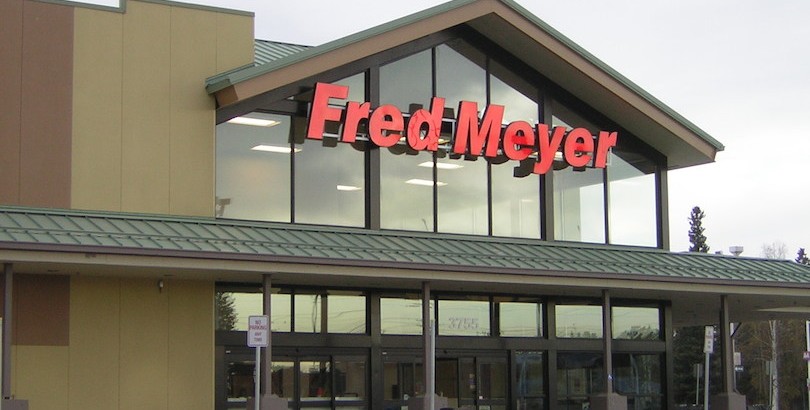“You’ll find it at Fred Meyer” – that’s the motto practically every Oregonian knows. Founded in 1922 in Portland, Fred Meyer is known as a pioneer of the “one stop shopping concept.” And now they’ve done it again – leading the way as one of the first businesses to join the Oregon Clean Fuels Standard.
Today the Portland Business Journal detailed how Fred Meyer will generate clean fuels credits through ordering gas made from organic waste to power their natural gas fleet. Through this move, Fred Meyer has shown just how easy it is to register for Clean Fuels – and again demonstrated what true business leadership looks like! Way to go, Freddies.
“A local supermarket chain has become the first Oregon company to sign up for the emissions-focused Clean Fuel Program with so-called renewable natural gas.
Fred Meyer has ordered 500,000 gallons of gas derived from organic waste to power a fleet of 40 liquified natural gas-powered trucks.
The company is one of just six to register for the Oregon state program aimed at reducing greenhouse gases from exhaust pipes through renewable fuel credits. As of Jan. 1, oil companies selling fuel in Oregon needed to start transitioning to include alternative fuels like ethanol in their fuel or otherwise clean-up their products. Companies can comply by purchasing credits generated from renewable and alternative fuels.
Fred Meyer is the first to sign up to generate credits through liquified natural gas. Another company, California-based AeroVironment, has 88 electric vehicle charging stations in the state and has signed onto the Clean Fuel Program to generate credits. Rogue Valley Transportation District has also joined the program.
The Portland-based grocery chain is expected to reduce greenhouse gas emissions by 5,328 metric tons annually.
“This is a good step, but there is no silver bullet answer for emissions from all the heavy, light and medium-duty vehicles in the state,” said Cory-Ann Wind, air quality planner for the Department of Environmental Quality. “But that’s still a big win on the carbon side for them.”
The Clean Fuels Program was setup to reduce emissions by 10 percent over 10 years by 2025.”
